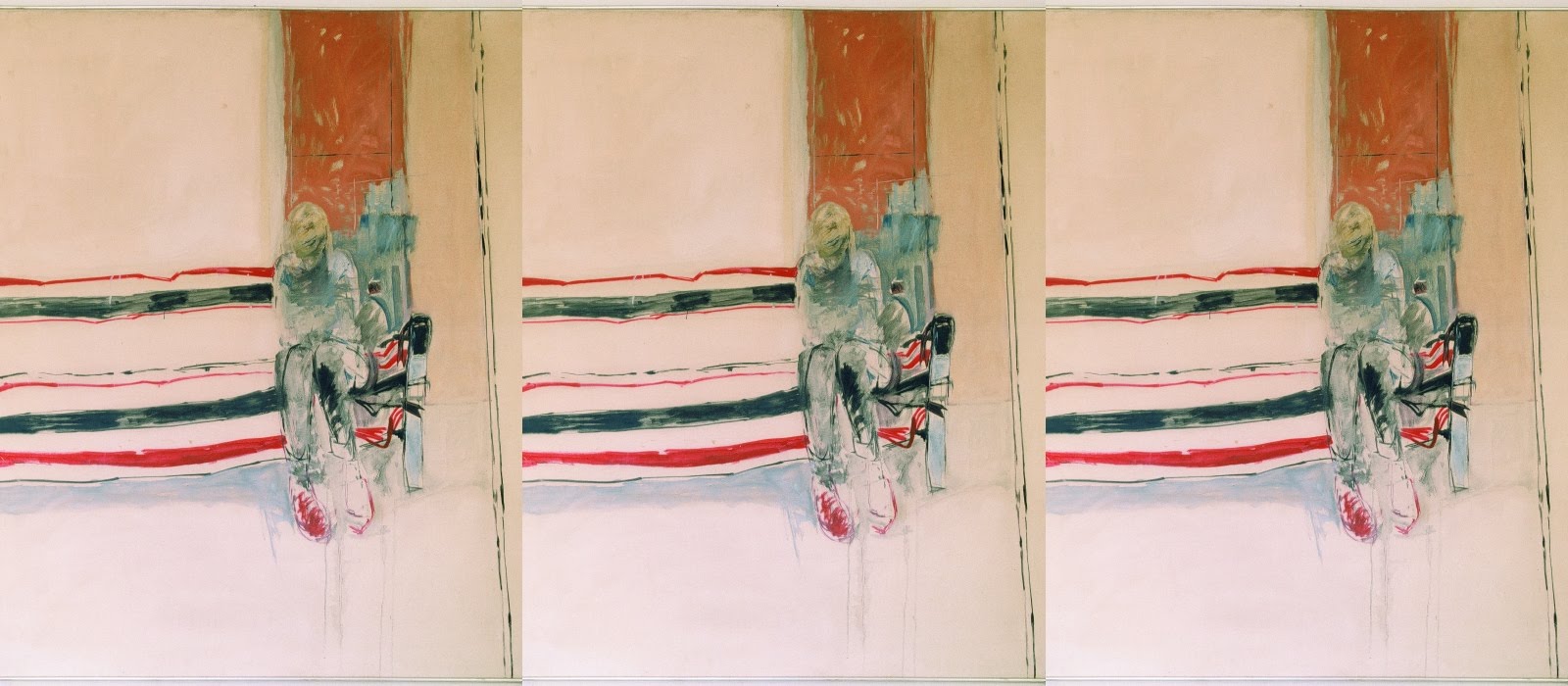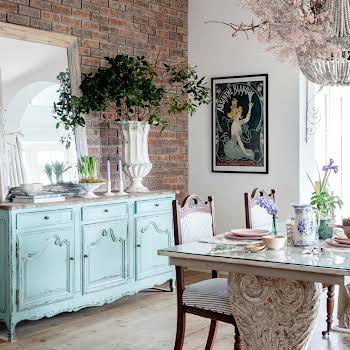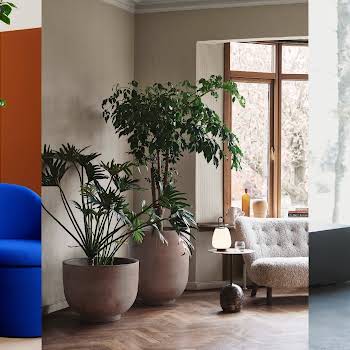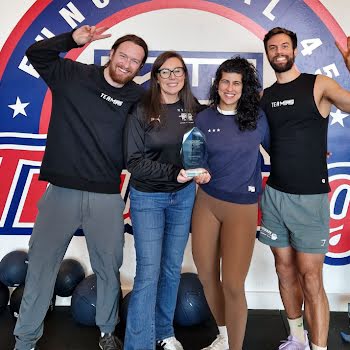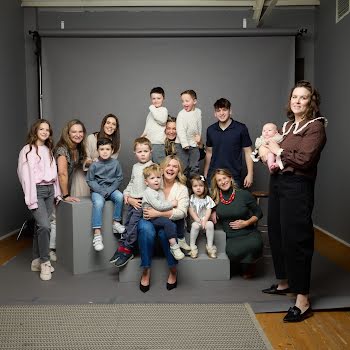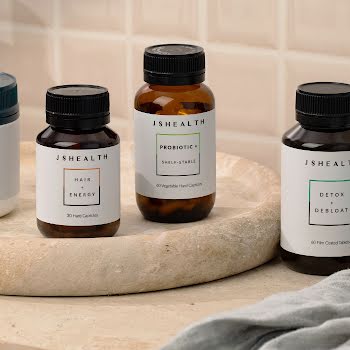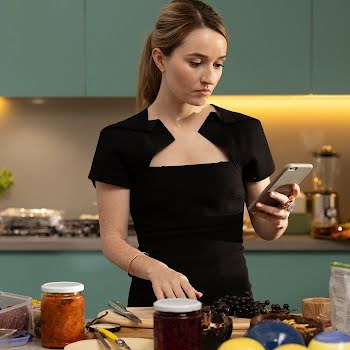"Anna on a Sofa", 1960 by Basil Blackshaw, Collection IMMA, Gordon Lambert Trust, 1992.
Women who broke away from violent relationships on how to help those suffering
In the first year of the pandemic, there were over a quarter of a million visits to the Women’s Aid website. Nikki Walsh talks to those who have managed to break away from a violent intimate relationship and asks how do we help the countless others who are suffering in silence?
Juliana was in her first year of college when she started chatting online with a friend of a friend. “It got very intense, very quickly,” she tells me. “We started meeting up and he used to get very jealous which felt good. I didn’t realise that’s a big red flag.” There were outbursts. “He had a really bad temper and he would scream at me, smash my phone. Then he would break down and I would comfort him.” She tried to break up with him numerous times. “He would always convince me to go back. I felt really sorry for him. I was always chasing the person he had been at the beginning. I would get a flash of that person and it was an addictive thing, the way he would give me that person, and then take it away.” She could not bring herself to tell anyone what was happening. “I didn’t realise I was in an abusive relationship. I didn’t really understand what was going on.”
Juliana is not alone. According to Women’s Aid, one in four women who have been in a relationship have been abused by a current or former partner. It happens to men too. Every day 30-50 men ring Men’s Aid, the only dedicated service that supports men experiencing domestic violence. Kathrina Bentley is their CEO. “Ninety-five per cent of men don’t report abuse to the Gardai because they are too embarrassed,” she tells me. “They don’t want to risk losing access to their children and they have nowhere to go. There are no safe houses for men in Ireland.”
Not all abuse is violent. The National Task Force on Violence against Women extends the term domestic violence to include emotional abuse; destruction of property; isolation from friends, family and other potential sources of support; threats to others including children; stalking; and control over access to money, personal items, food, transportation and the telephone.
Felicity Kennedy is a psychotherapist, clinical supervisor and tutor with a special interest in psychological trauma and control in interpersonal relationships. She worked for many years at the Bray Women’s Refuge. “What I hear most,” she tells me, “is that a client is walking on eggshells. There is a feeling of anxiety and fear.” She sees a lot of coercive control. “When you can’t use bars to control someone, sometimes the only way to gain control is through psychological control. This is typically a slow process, using seduction and charm. No one willingly goes into it.” Isolation is an all too familiar tactic. “The less people there are to talk to,” Felicity says, “the less examples of a healthy relationship a woman has. There is nothing to compare her own relationship to. His reality becomes the only reality.” For Juliana, time away from her partner was crucial in helping her get clarity. “I found that when I managed to get away from him, or broke contact for any length of time, then I would know what to do, I would know I had to leave.” The first time she told her girlfriends she was on a weekend away. “That’s a really big moment,” says Juliana. “When you tell someone else for the first time. You can’t go back to protecting the relationship after that.”
Getting out isn’t easy. When Juliana split up with her boyfriend, he pursued her relentlessly on social media. “I would get five messages in one night. Twenty-five missed calls. False suicide notes on his phone. I had to come home from nights out constantly.” If she could go back and talk to her former self, what would she say? “Go to therapy,” she says simply. “It’s too simplistic to tell a woman to leave. Leaving a co-dependent relationship is terrifying. You have nothing left but them. They have made your world so small.” Engaging with therapists who are specialists in the area is important. “It’s very gentle, very delicate work,” says Felicity. “The goal is always safety, whether that be psychological safety or physical safety. You have to work with someone where they are at. And the power has to be shared. It’s working with, rather than doing to. Your relationship with them is the process. The therapist is not the expert. Everything I have learned, I have learned from my clients.” When Juliana was at her most vulnerable, she wrote down all the things her partner had done to her in a journal and every time she wanted to go back to him, she read the journal again. “It was easy to forget. But I couldn’t when I read that.” Months after the split, she rang Women’s Aid. “I thought my experience wasn’t bad enough. I thought I needed to be in danger. But they took it so seriously, there was no scale to the abuse. And I went to therapy. I had blocked a lot of it out. Accepting what had happened was the beginning of the healing process.” Last year she made an Insta video of her experience for a Women’s Aid fundraiser. “It was the scariest thing I have ever done. But it was the best thing I had ever done. It was so validating. I got such a big reaction.”
With almost double the number of women seeking out Women’s Aid’s services since the pandemic began, awareness of abuse is growing. Last year Vodafone published extensive research on domestic abuse, revealing that while 31% of Irish workers had experienced abuse, another 57% felt safer at work than at home. “The pandemic has not only shone a light on how prevalent systemic domestic abuse and violence is in Irish society,” says its CEO Anne O’Leary, “but has, in fact, exacerbated the issue.” Launching a range of supports, from ten days paid leave to specialist counselling and management training, there is also an app, BrightSky, launched with An Garda Siochana and Women’s Aid, which provides support and information to anyone in an abusive relationship or concerned about another. Women’s Aid have been busy too, with a new campaign, Too Into You.
For those who work in the field of domestic abuse, it’s the right training for therapists and education that will make the difference. “Twenty years ago I was involved in the making of a short movie for teenagers,” says Felicity. “It was about that moment at the school gate when the older man tells a girl she is so special she should leave her friends and come with him. This is the beginning of seduction, this is the beginning of isolation. Teenagers need to know about this.” Katherina agrees. “What does a healthy relationship look like? What do boundaries feel like? These are the sort of conversations we need to start having.”
The road to recovery is long. “You never fully heal,” says Juliana. “It flares up at different times. I found this Christmas hard but I do have ways of coping and it does get easier.” Attacks on other women are retraumatising. “When Ashling Murphy was killed, I cried all weekend. I couldn’t bring myself to go to the vigils.” The support of other women is crucial. “The bond you form with women who have been through the same experience is automatic and very deep. I know other women who went through similar stuff and we were able to support each other online.” Juliana believes the experience has made her who she is now. “In some ways, it was a gift. I have hawk eyes now for anything like that. And I’ve learned a lot about boundaries.” For Felicity, there is always hope. “I see a huge amount of resilience in my work and I see a lot of courage – particularly around the care of children. I don’t know if one recovers, but I do think a person can get to a point where they are not ambushed, where it doesn’t take them by surprise; where it becomes part of who they are and that’s alright.”
Helping those at risk
How to reach out to a friend
Check in
Ask them if they would like to go for coffee. They may be feeling very isolated so it might take a while before they agree but don’t give up. Build trust by letting them know you are here for them, even if they don’t want to talk.
Listen and validate
Bring up the subject gently but don’t pry. If they do start talking be really present. Listen carefully without blame or judgement. Keep validating their experience. Don’t try to fix it or tell them what to do. Telling them to leave when they are not ready will only set them back further or cause them to retreat from you, isolating them further.
Keep safe
If you believe they are in danger, offer them practical support. Give them phone credit, allow them to keep an emergency bag at your house, organise a code for them to send you if they are in danger. Do not send them text messages their partner may read. Keep yourself safe.
The Women’s Aid 24hr National Freephone Helpline 1800 341 900, is open 24 hours a day, seven days a week. The National Male Advice line is on 1800 816 588. The Too Into You Instant Messaging Service is available to anyone who feels unsafe or worried at https://www.toointoyou.ie/. Open every morning and evening, seven days a week.
This article originally appeared in the Spring issue of IMAGE Magazine.











